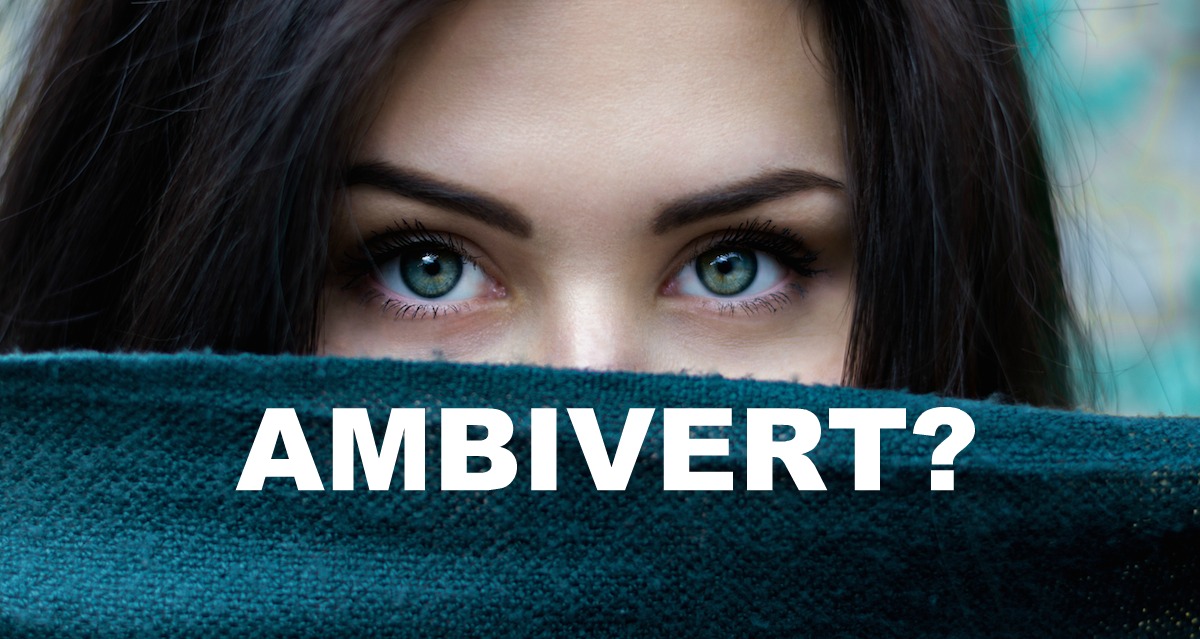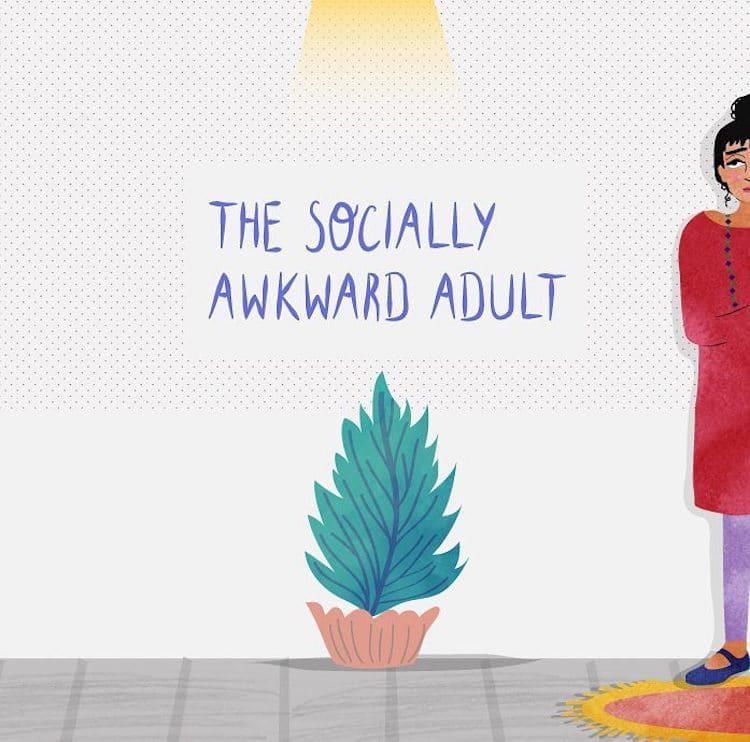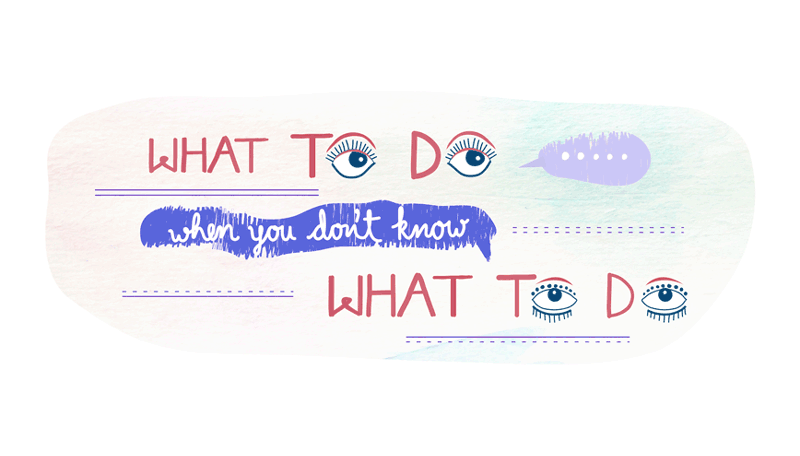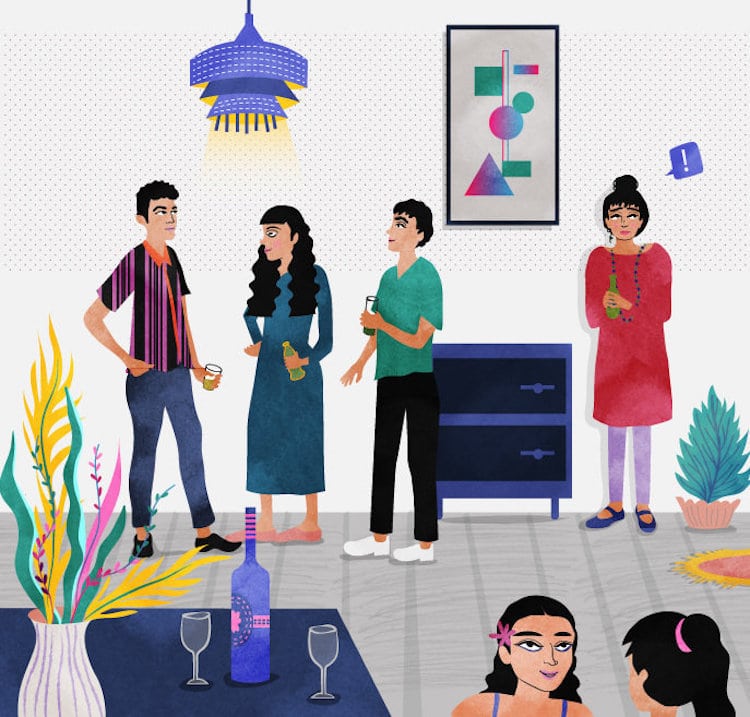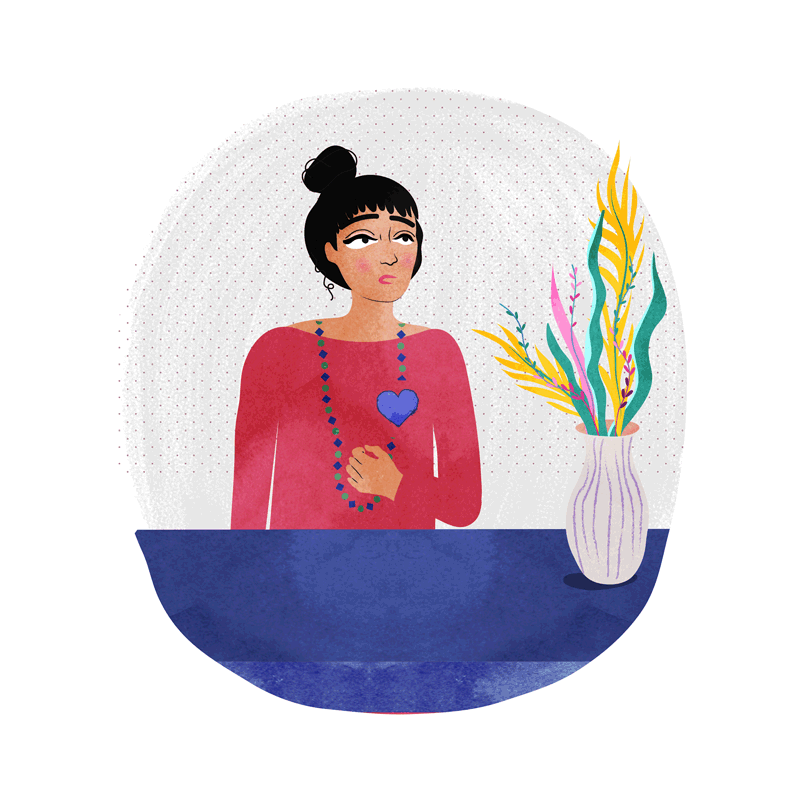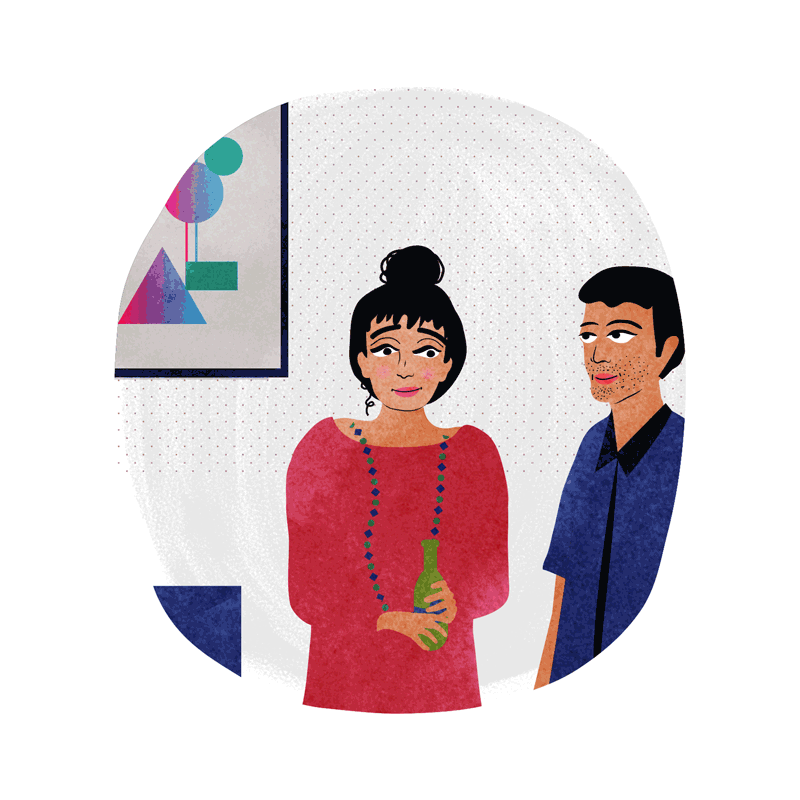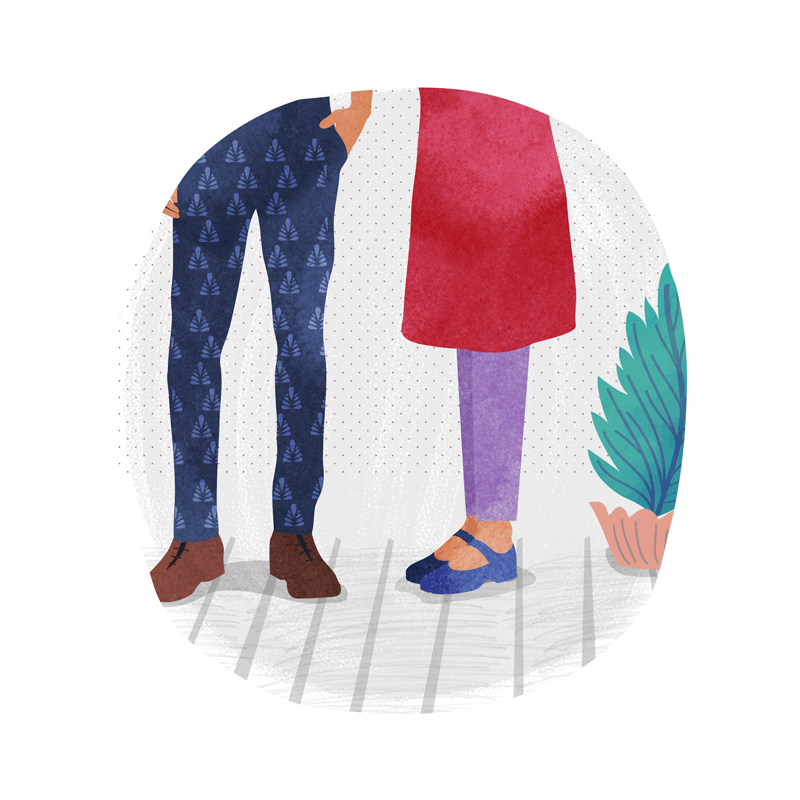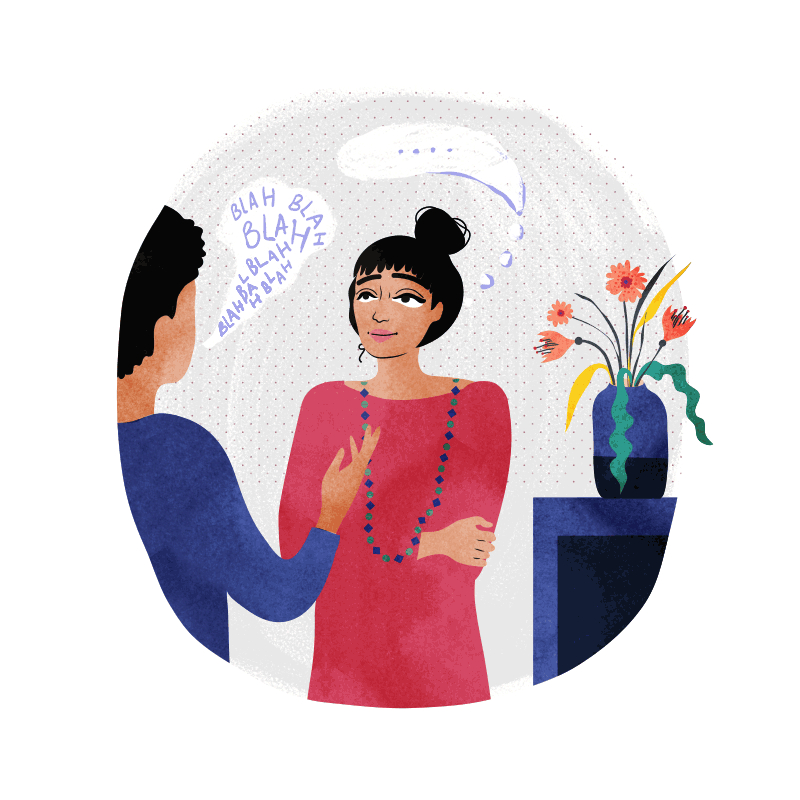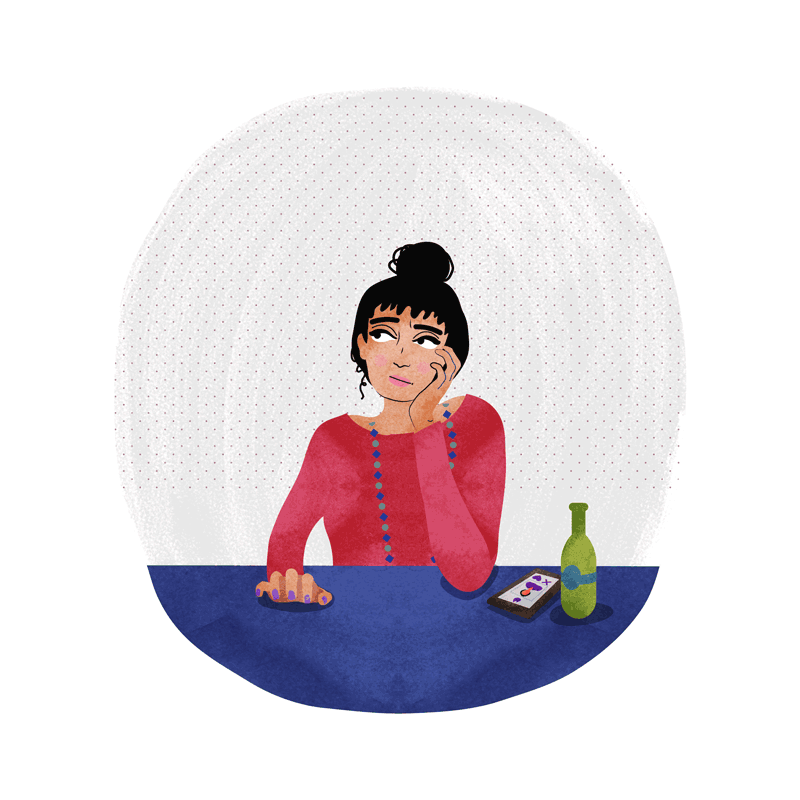Introversion vs. Shyness
/184690869-56a793f13df78cf772974f64.jpg)
It is important to note that introversion does not necessarily equate with shyness. In their book, The Development of Shyness and Social Withdrawal, authors Schmidt and Buss write, "Sociability refers to the motive, strong or weak, of wanting to be with others, whereas shyness refers to behavior when with others, inhibited or uninhibited, as well as feelings of tension and discomfort."
Shyness indicates a fear of people or social situations. Introverts, on the other hand, simply do not like to spend lots of time interacting with other people. However, they do appreciate being around people to whom they are close. They find engaging in "small talk" tedious, but do enjoy having deep, meaningful conversations. Introverts also tend to think about things before talking. They want to have a full understanding of a concept before they voice an opinion or try to offer an explanation.
Misconceptions
In an excellent article in Atlantic Monthly, author Jonathan Rauch took on some of the common myths and misconceptions about introverts. While introverts are often labeled as shy, aloof, and arrogant, Rauch explains that these perceptions result from the failure of extroverts to understand how introverts function.
"Extroverts have little or no grasp of introversion," Rauch suggests. "They assume that company, especially their own, is always welcome. They cannot imagine why someone would need to be alone; indeed, they often take umbrage at the suggestion. As often as I have tried to explain the matter to extroverts, I have never sensed that any of them really understood."
According to estimates, extroverts outnumber introverts by about three to one. Introverts often find that other people try to change them or even suggest that there is something "wrong" with them. Nothing could be further from the truth. While introverts make up a smaller portion of the population, there is no right or wrong personality type. Instead, both introverts and extroverts should strive to understand each other's differences and similarities.
A Word From Verywell
Remember, introversion is not an all-or-nothing characteristic. People can be what you might call introverts with a capital I (aka "very introverted") or they might be outgoing in some situations with some introverted tendencies. Introversion exists on a continuum with extroversion, and most people tend to lie somewhere between the two.
If you identify with some characteristics of introversion and some characteristics of extroversion, then there is a pretty good chance that you are one of the 70 percent of people who fall somewhere in the middle. Ambiverts tend to enjoy both spending time with others and spending time alone, depending upon the situation and their needs at the moment.
Most importantly, remember that one type isn't "better" than the other. Each tendency can have benefits and drawbacks depending on the situation. By better understanding your personality, however, you can learn how to play to your strengths.
If you are an introvert, find ways to cope if the stimulation from the outside world becomes too much. Seek out a quiet moment where you can get away from overwhelming noises and recharge.
In one study of adult introverts between the ages of 18 and 80, those who had strong social relationships and emotional regulation skills were found to be happier than those who did not have those skills. Make the most of your strengths by nurturing your close relationships in order to foster strong social connections and utilize your tendency to look inward in order to develop solid emotional understanding.
Introversion is perfectly normal. If you find, however, that your introverted tendencies are the result of anxiety that impacts your normal, day-to-day functioning, consult your physician or a mental health professional.
Introversion and Behavior
How does introversion impact behavior?
Researchers have found that people high in this trait tend to have a smaller group of friends. While extroverts generally have a wide circle of friends and acquaintances, introverts typically choose their friends much more carefully. Their closest relationships tend to be profound and significant. They also prefer to interact with people on a one-on-one basis rather than in a large group setting.
It is important to note that introversion does not necessarily equate with shyness. In their book, The Development of Shyness and Social Withdrawal, authors Schmidt and Buss write, "Sociability refers to the motive, strong or weak, of wanting to be with others, whereas shyness refers to behavior when with others, inhibited or uninhibited, as well as feelings of tension and discomfort." Shyness indicates a fear of people or social situations. Introverts, on the other hand, simply do not like to spend lots of time interacting with other people. However, they do appreciate being around people to whom they are close. They find engaging in "small talk" tedious, but do enjoy having deep, meaningful conversations.
Introverts tend to think about things before talking. They want to have a full understanding of a concept before they voice an opinion or try to offer an explanation.
While extroverts typically learn through trial and error, introverts learn best through observation.
In an excellent article in Atlantic Monthly, author Jonathan Rauch took on some of the common myths and misconceptions about introverts. While introverts are often labeled as shy, aloof, and arrogant, Rauch explains that these perceptions result from the failure of extroverts to understand how introverts function. "Extr[a]verts have little or no grasp of introversion," Rauch suggests. "They assume that company, especially their own, is always welcome. They cannot imagine why someone would need to be alone; indeed, they often take umbrage at the suggestion.
As often as I have tried to explain the matter to extr[a]verts, I have never sensed that any of them really understood."
According to estimates, extraverts outnumber introverts by about three to one. Introverts often find that other people try to change them or even suggest that there is something "wrong" with them. Nothing could be further from the truth. While introverts make up a smaller portion of the population, there is no right or wrong personality type. Instead, both introverts and extroverts should strive to understand each other's differences and similarities.
As you might imagine, jobs that require a great deal of social interaction usually hold little appeal to people high in introversion. On the other hand, careers that involve working independently are often a great choice for introverts. For example, an introvert might enjoy working as a writer, accountant, computer programmer, graphic designer, pharmacist or artist.
References
Rauch, J. (2003). Caring for your introvert. Atlantic Monthly. Retrieved from http://www.theatlantic.com/magazine/archive/2003/03/caring-for-your-introvert/2696/#
Sword, L. (2002). The Gifted Introvert. Retrieved from http://talentdevelop.com/articles/GiftIntrov.html
Sources
Aron EN, Aron A. Sensory-processing sensitivity and its relation to introversion and emotionality. J Pers Soc Psychol. 1997;73(2):345-368.
Cabello R, Fernandez-Berrocal P. Under which conditions can introverts achieve happiness? Mediation and moderation effects of the quality of social relationships and emotion regulation ability on happiness. PeerJ. 2015;3:e1300. doi:10.7717/peerj.1300.
Cain, S. Quiet: The Power of Introverts in a World That Can't Stop Talking. New York: Crown Publishers; 2012.


